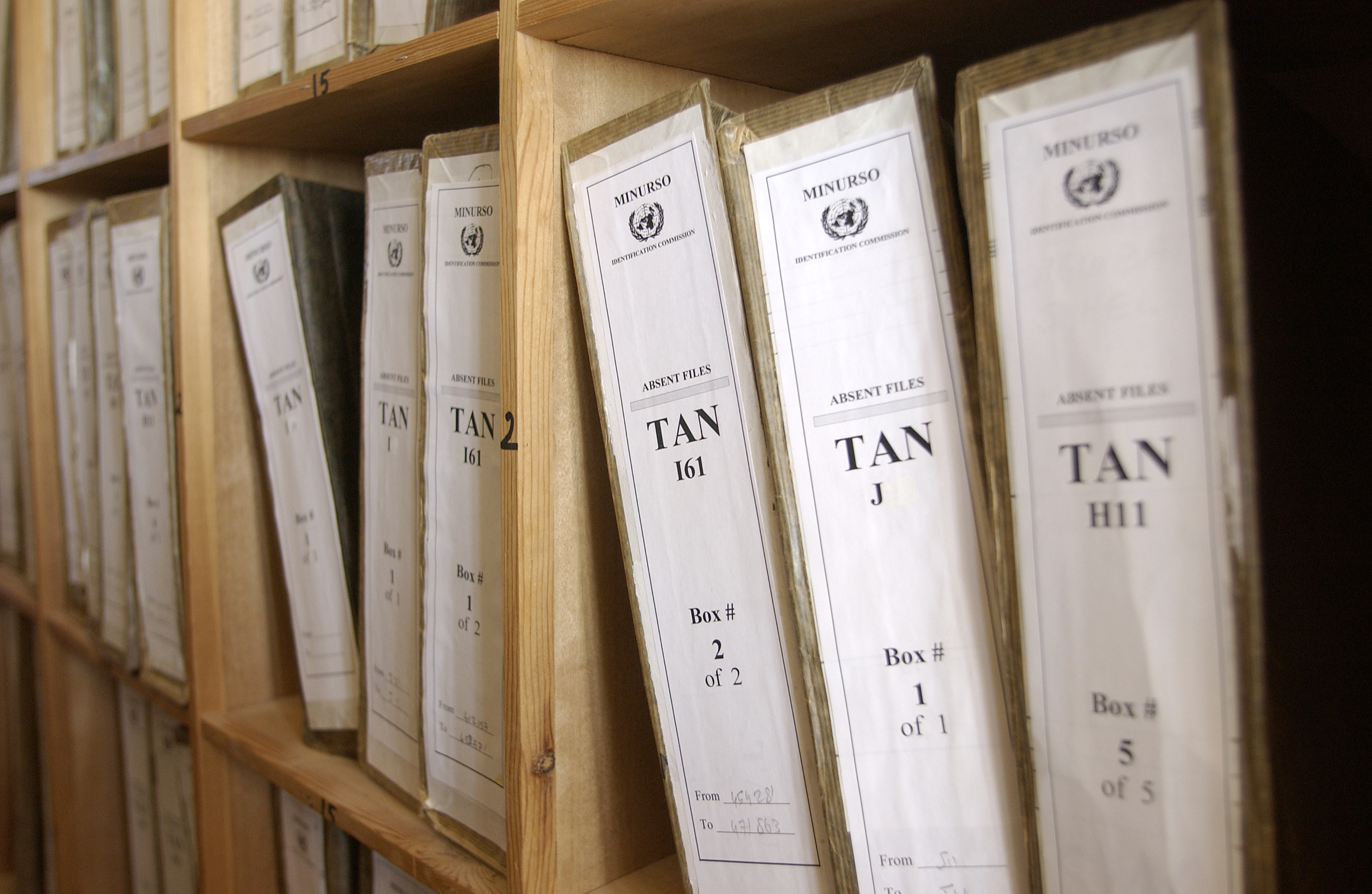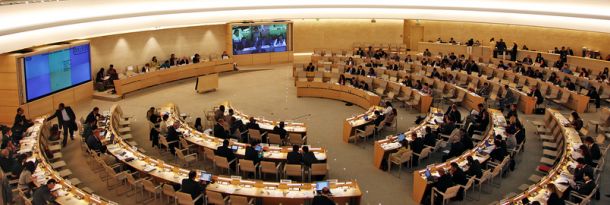
A UN Treaty Body has, for the first time, issued a set of strong recommendations pertaining to Western Sahara while reviewing Morocco's compliance with the International Covenant on Economic, Social and Cultural Rights.
LATEST (16.10.2015): Morocco rejects UN recommendations.
The Committee on Economic, Social and Cultural Rights has over the course of this year reviewed Morocco’s compliance with the International Covenant on Economic, Social and Cultural Rights (ICESCR). That process came to an end two weeks ago. The Committee has now circulated an advance copy of its concluding observations and recommendations regarding Morocco's performance under the Covenant.
Specifically with regard to the natural resources, the Committee urges Morocco to respect the rights of the Saharawis to be informed and to give their prior consent to the exploitation of their resources.
In its first recommendation, the Committee takes note of Morocco's autonomy initiative for Western Sahara but calls on Morocco to work with the UN to find a solution that respects the Saharawis' right to self-determination. The Committee also expresses concern over Morocco's failure to respect the rights of the Saharawis to their natural resources, and calls on Morocco to facilitate the return of the refugees.
The second recommendation expresses concern about "the Berm", the 2000 kilometer military fortified sand wall that Morocco has erected in Western Sahara to effectively separate the Saharawis from eachother and from their lands. The Committee calls on Morocco to find ways that allow the Saharawis to have access to their lands, natural resources, and to reunite with their families. It calls for efforts by Morocco to de-mine the area, and to provide detailed info about the Saharawi people's situation in its next report to the Committee.
In other sections of the Concluding Observations, the Committee mentions the difficulty of Saharawi students in having access to education and of the Saharawi people as a whole to enjoy and promote their culture and language. The Saharawis are also mentioned as a group that has been particularly affected by poverty, and Morocco is asked to assure equitable distribution of resources to all marginalised groups, including Saharawis.
The Committee's draft Concluding Observations can be accessed here (in other langues here).
WSRW has this year submitted two reports to the Committee in order to draw attention to Morocco's manifest failure to respect, protect and fulfil the rights enshrined in the Covenant in the parts of Western Sahara it holds under illegal occupation. In its reports, WSRW argued that Morocco’s occupation of Western Sahara is illegal under international law, and that Morocco completely disregards the Saharawi people's right to self-determination and their right to access and dispose of their natural resources - both of which are guarded by the first Article of the Covenant.
Find our second report, a more robust and expanded version of our first report, here or download it from the webpage of the ESCR Committee. A coalition of organisations led by the Robert F Kennedy Center also submitted a report on Western Sahara. Find their report here. Other reports submitted to the Committee can be found through this link. Scroll down to 'Morocco' to find all info and reports relating to Morocco's review.
WSRW is pleased to observe that the observations presented to the Committee have been taken into account, as the first two recommendations of the advance copy of the Committee's concluding observations deal exclusively with Western Sahara.
UN’s Western Sahara vote raises more questions than it answers
Behind the headlines and diplomatic spin suggesting that the Security Council is now siding with Morocco lies a more complex reality - one that hinges on the very right that Rabat has spent decades trying to bury: self-determination.
WSRW calls on addressing plunder
WSRW calls on UN Member States to address Morocco's plunder of Western Sahara during Morocco's UPR review in November.
WSRW calls upon UN to halt the plundering
In its statement to the United Nations’ Special Political and Decolonization Committee (Fourth Committee), Western Sahara Resource Watch called for the establishment of a mechanism to place the proceeds from the exploitation of Western Sahara’s natural resources under international administration until the conflict has been resolved, and for the inclusion of a human rights component into the MINURSO mandate.
States urge Spain to respect Saharawi rights in Human Rights Council
Namibia and East-Timor have today recommended Spain to respect the Saharawi people's right to free, prior and informed consent with regard to the exploitation of Western Sahara's natural resources.


